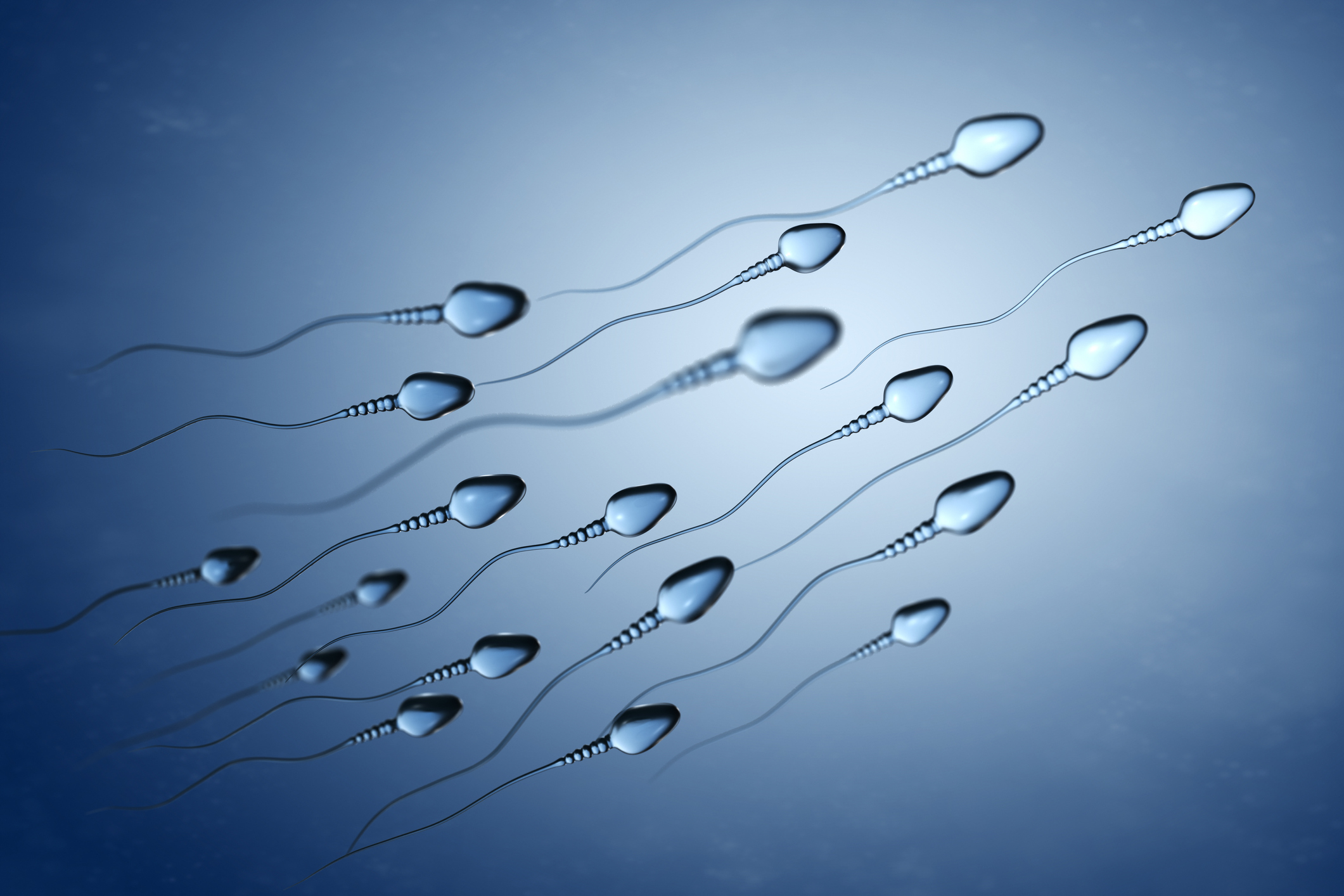Our Dr. Francisco Juárez del Dago, expert in Sexual Medicine and Andrology, clarifies some recurring concepts in consultation on reproduction.
Human reproduction is a complex process that involves the union of male and female sex cells to give rise to a new being. However, more than 12 out of every 100 couples have difficulty conceiving and it is common to confuse the concepts of fertility and sterility, which can lead to misunderstandings and conflicts within the couple. It is important to clarify that sterility is not a disease, but a situation in which a couple does not achieve pregnancy after a year of normal sexual relations. Infertility, on the other hand, refers to the inability to carry a pregnancy to term after conceiving.
It is crucial that both partners be evaluated together to determine the causes of sterility or infertility. The most common female causes include hormonal disorders and inflammatory diseases, while male causes are often related to low sperm production.
In the Reproduction Reproduction Unit at our GUA Urology and Andrology center, specialists perform a physical examination, ultrasound studies, blood and urine tests with hormonal study, and a semen study in the male to obtain results and provide a first assessment consultation to the couple.
Treatments for sterility or infertility will depend on the cause and may include medications, changes in sexual behaviors, or assisted reproductive techniques such as artificial insemination or in vitro fertilization.
Treatments:
- Ovulation-stimulating drugs are used to help women produce eggs and increase the chances of pregnancy.
- Artificial insemination: is a technique that involves placing selected sperm into the woman's uterus at the appropriate time for fertilization.
- In vitro fertilization (IVF): involves fertilizing the eggs outside the woman's body and then transferring the resulting embryos into the uterus.
Assisted reproduction techniques:
- ICSI: is an IVF technique in which a single sperm is injected directly into the egg.
- Egg donation: involves using donor eggs to fertilize with a woman's partner's sperm.
Microsurgery allows operations to be performed on very small structures, such as the tubes connecting the ovaries and uterus (the fallopian tubes) or the vas deferens in men. It is used to repair or reconstruct damaged reproductive tissues or to perform sterilization reversal, for example, vasectomy in men or tubal ligation in women.
The Human Reproduction Unit of our GUA Urology and Andrology center offers solutions to these situations in a simple, orderly and joint way. The goal is to help couples understand what is happening, why it happens and how it can be solved, in order to provide an effective solution and avoid prolonging the process, which can negatively affect the sexual relationship, spontaneity, desire and affection in the couple.
Contact us for more information.
☎️ +34 928 264 695
📲 +34 629 334 583. WhatsApp
📩 info@urologiayandrologia.com
➡️www.urologiayandrologia.com

